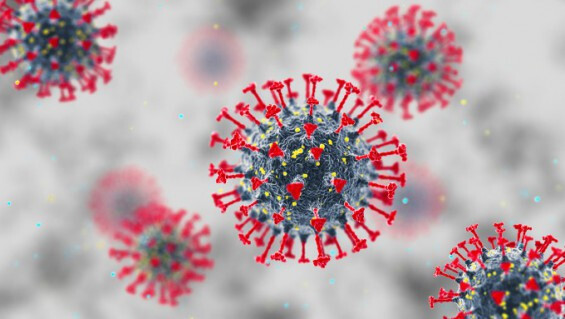
A new coronavirus, HKU5-CoV-2, has been discovered in Wuhan, China, by a research team led by virologist Shi Zhengli, raising concerns about its potential for human transmission. The virus, classified as a merbecovirus similar to the one that causes Middle East Respiratory Syndrome (MERS), has shown the ability to bind to the human ACE2 receptor, the same receptor used by the COVID-19 virus.
Key Findings:
Human infectivity: HKU5-CoV-2 has demonstrated a stronger ability to infect human cells compared to other coronaviruses, similar to the common cold virus NL63.
Organ infection: The virus has been shown to infect not only human cells but also organ tissues in laboratory tests.
Transmission risk: Researchers suggest that bat-borne merbecoviruses like HKU5-CoV-2 have a high risk of transmission to humans, either directly or through intermediate hosts.
Global Response:
The discovery of HKU5-CoV-2 has prompted a surge in stock prices for vaccine companies in the New York Stock Exchange, reflecting investor concerns about the potential for a new outbreak.
Expert Opinion:
While acknowledging the potential risk of HKU5-CoV-2 transmission, Dr. Shi Zhengli's team has cautioned against overreacting to the discovery. They emphasize the need for further research and monitoring of the virus but suggest that the risk of HKU5-CoV-2 emerging in human society should not be exaggerated.
Conclusion:
The discovery of HKU5-CoV-2 highlights the ongoing threat of emerging infectious diseases and the importance of continued research and surveillance efforts. While the potential risks of this new virus should not be dismissed, it is crucial to avoid excessive alarm and focus on scientific investigation to assess the true level of risk and develop appropriate countermeasures.
[Copyright (c) Global Economic Times. All Rights Reserved.]






























